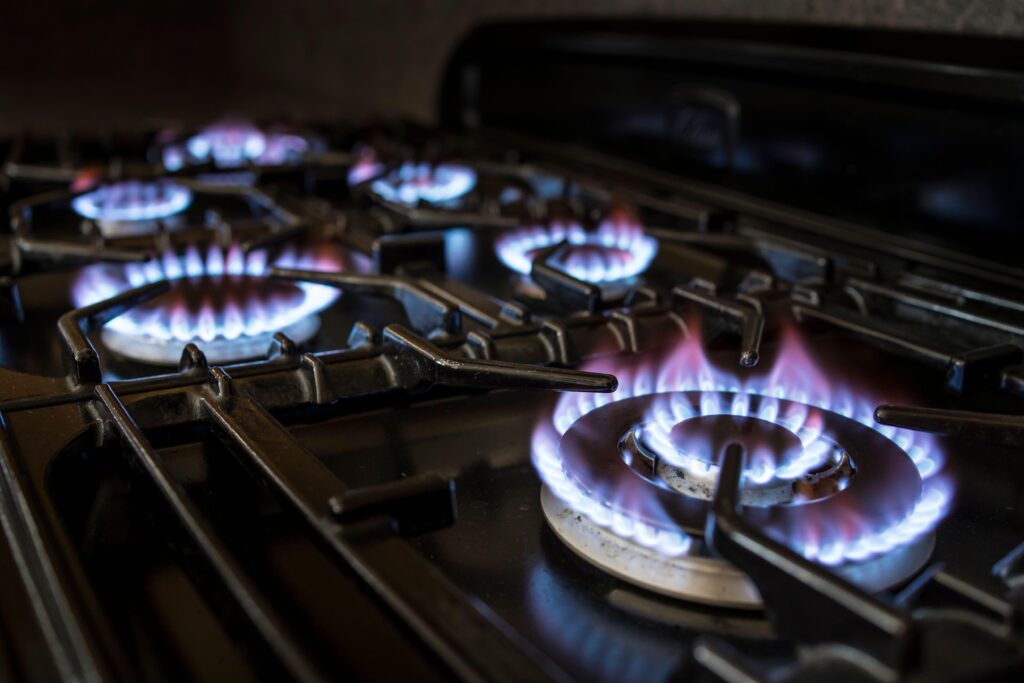MILLIONS of households will be able to get ‘no standing charge’ energy tariffs from this winter.
Standing charges are a fixed daily fee added to your bill, but under the new plans these would be included in tariff rates.
Low energy users, those with prepayment meters and those with second homes who don’t use their heating or electricity very often would benefit from the new tariffs.
The energy regulator Ofgem plans to keep the option of having a standing charge, which is good for low-income families in poorly insulated homes or those who rely on medical equipment.
Charlotte Friel, from Ofgem, said: “We’re looking closely at how these tariffs will work in practice, but everyone will need to carefully consider which option best suits their needs.
“The costs included in the standing charge ultimately have to be paid. But while they may not save everyone money, they will give people a choice, and greater control over their bills.”
It first announced the shake-up to energy rules in December last year but today it confirmed firms will have to offer the tariffs to customers in time for winter.
It also announced a consultation on how the new tariffs would work.
Martin Lewis said the plans were “progress”.
He added: “Standing charges are by far the most complained-about part of an energy bill.
“They’re a moral hazard that disincentivises lower users from cutting their bills, and leaves many older people, who only use gas for heating in the winter, still paying for it every day in summer.”
However, he pointed out that there is a “big hole” under the current plan as customers will have to opt in.
Richard Neudegg from Uswitch.com welcomed the change but said “the devil will be in the detail”.
He added: “Consumers can take action now to reduce what they pay for their energy.
“There are a range of fixed deals on the market, which can help households beat the January cap and the predicted price rise in April, and often come with lower standing charges than the cap.”
Energy bills set to rise in April
Energy bills are set to rise by £85 a year in April for 26million households, according to consultancy Cornwall Insight.
The forecaster, which is widely regarded for its accurate predictions, said an average household will pay £1,823 a year.
The increase is partly due to colder weather and reduced renewable production, which means gas storage levels across Europe have fallen, causing wholesale prices to rise.
The rise will come at the same time as increases to water and council tax bills.
However, minimum wage levels, benefits and state pension amounts will also go up at the same time.
Cornwall added that bills could fall later in the year before rising again before the winter.
Earlier this week British Gas announced an extension to its support scheme for struggling customers.
The initiative, which first launched in June 2024, matches customers’ energy debt repayments to help customers pay off bills.
While millions of households are being urged to check if they can get cost of living vouchers from their local council under the Household Support Fund.
What energy bill help is available?
There’s a number of different ways to get help paying your energy bills if you’re struggling to get by.
If you fall into debt, you can always approach your supplier to see if they can put you on a repayment plan before putting you on a prepayment meter.
This involves paying off what you owe in instalments over a set period.
If your supplier offers you a repayment plan you don’t think you can afford, speak to them again to see if you can negotiate a better deal.
Several energy firms have schemes available to customers struggling to cover their bills.
But eligibility criteria vary depending on the supplier and the amount you can get depends on your financial circumstances.
For example, British Gas or Scottish Gas customers struggling to pay their energy bills can get grants worth up to £2,000.
British Gas also offers help via its British Gas Energy Trust and Individuals Family Fund.
You don’t need to be a British Gas customer to apply for the second fund.
EDF, E.ON, Octopus Energy and Scottish Power all offer grants to struggling customers too.
Thousands of vulnerable households are missing out on extra help and protections by not signing up to the Priority Services Register (PSR).
The service helps support vulnerable households, such as those who are elderly or ill.
Some of the perks include being given advance warning of blackouts, free gas safety checks and extra support if you’re struggling.
Get in touch with your energy firm to see if you can apply.
